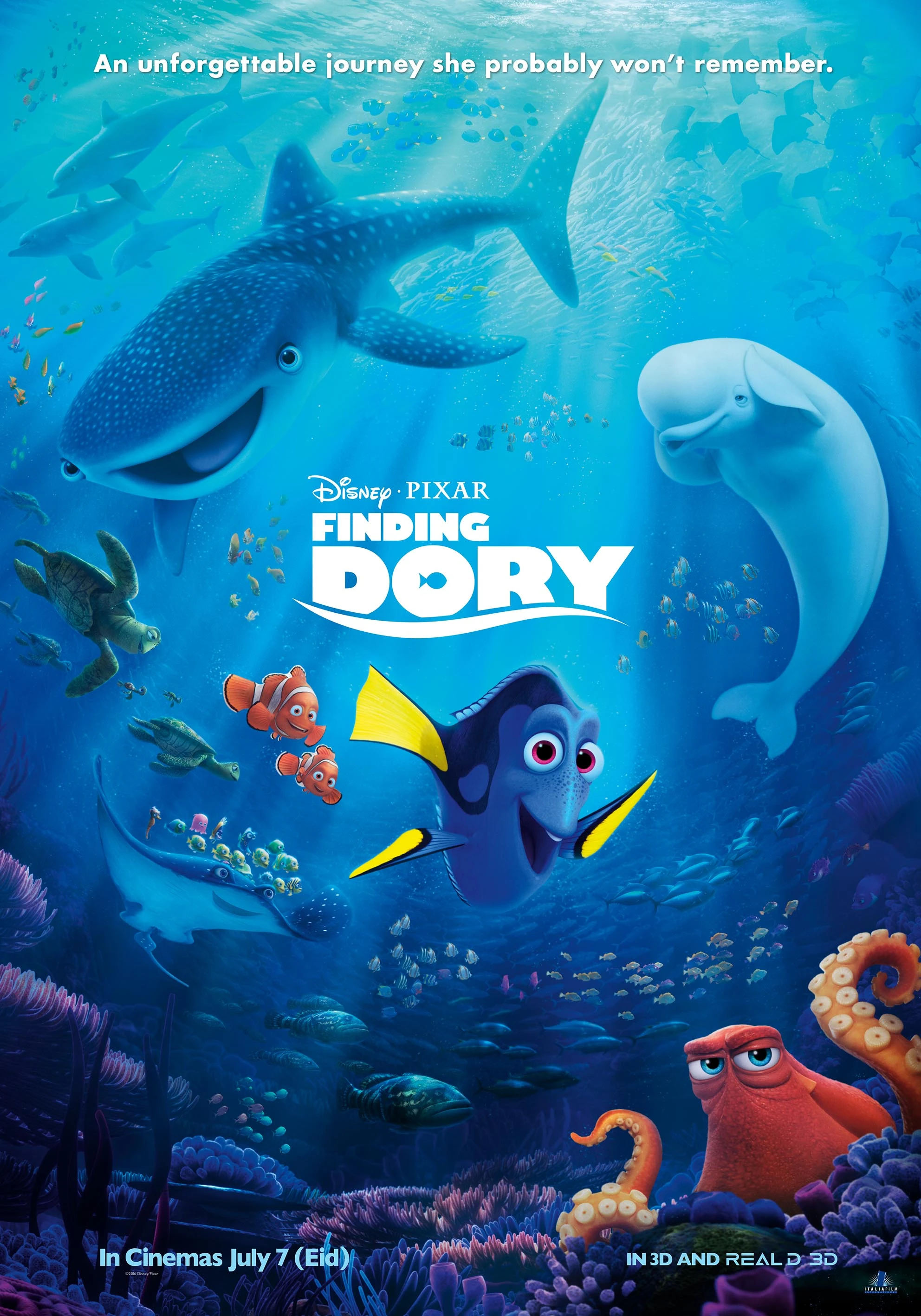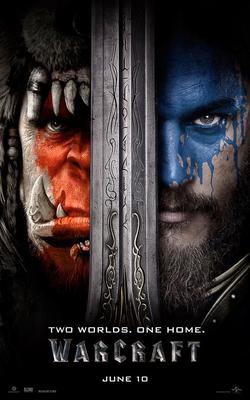| Directed by Roland Emmerich Written by Roland Emmerich, Nicholas Wright, James. A Woods, Dean Devlin, and James Vanderbilt |
Alo Party Peoples.
"Sparky sparky boom, man."
That is the experience of watching Independence Day: Resurgence. It's not exciting, it's not even interesting in its failure, it just happens, and then it's over. The story that exists is little more than a retread of the already intentionally arch original, all the easier for whoever has to dub it into Mandarin. It's all the glossy explosions for glossy explosions' sake that director Roland Emmerich's detractors go after him for. Granted, they're really good looking, well shot glossy explosions, Roland Emmerich is a flat out better technical filmmaker than most other blockbuster specialists. But it's glossy explosions all the same, and without the sense of earnest effort or heart that make his good films work and his bad films uniquely memorable.
And it's not like I was expecting high art from Resurgence either; despite what some of y'all might think, I've got nothing against glossy explosions. Fury Road got onto my best list last year, and pretty damn high, too. The Marvel films are one of the few things that I'll go out of my way to see regardless of whether they've been screened for critics. Hell, I even kind of liked Hardcore Henry, and it's about as glossy as glossy gets. But in those cases, the glossy explosions are complimented by something more; Fury Road is packed to the gills with crazy car stunts, but it's also a serious epic with actual observations about social dynamics and personal autonomy and an introduction to feminist theory, while still being packed to the gills with crazy car stunts. The Marvel movies get cited for "superhero fatigue" all the time by "serious" critics, but they do their antics in service of dynamic characters. Even Hardcore Henry occasionally struck a thematic line of feeling that someone else is pulling your strings.
And Independence Day is sort of like that too. The glossy explosions are definitely a focus, but even though we can be assured that billions of people are dying, human carnage isn't what Emmerich chooses to turn the camera too. Instead, it focuses on the destruction of buildings, landmarks and iconography. Those iconic shots of the Empire State Building and the White House being blown up aren't just eye candy for the trailers; by showing the destruction of all the symbols and borders we put up between eachother, and then showing mankind rising from the ashes to defeat the invaders, it establishes a theme. That at the core of the film, Independence Day believes that our differences hold us back, and the aliens almost did us a favor by blowing apart the divides we'd put between us, because it allows us to harness the strength that comes from unifying. It's that kind of optimism in the face of the literal end of the world that's turned Independence Day into a generational touchstone for Millennials. An accidental time capsule of how optimistic and forward looking the Nineties look in retrospect, especially compared to today's blockbuster landscape where even Superman has to be grim and morose all the time.
And Independence Day is sort of like that too. The glossy explosions are definitely a focus, but even though we can be assured that billions of people are dying, human carnage isn't what Emmerich chooses to turn the camera too. Instead, it focuses on the destruction of buildings, landmarks and iconography. Those iconic shots of the Empire State Building and the White House being blown up aren't just eye candy for the trailers; by showing the destruction of all the symbols and borders we put up between eachother, and then showing mankind rising from the ashes to defeat the invaders, it establishes a theme. That at the core of the film, Independence Day believes that our differences hold us back, and the aliens almost did us a favor by blowing apart the divides we'd put between us, because it allows us to harness the strength that comes from unifying. It's that kind of optimism in the face of the literal end of the world that's turned Independence Day into a generational touchstone for Millennials. An accidental time capsule of how optimistic and forward looking the Nineties look in retrospect, especially compared to today's blockbuster landscape where even Superman has to be grim and morose all the time.
Roland Emmerich is not a subtle filmmaker, anyone that saw The Day After Tomorrow or White House Down can tell you that, so with the context of Independence Day's place in the popular culture in mind, making a sequel in a post-9/11 zeitgeist should allow it to burst with meaning, intentional or not. That first trailer, with its super serious title card intoning "We always knew they would come back." seemed to hint at something. Maybe the feeling here would be "paranoia after a devastating attack leading to constant military buildup in preparation for a second assault that may never come", that'd fit as a thematic followup to the original. If there's one reason that a sequel to Independence Day could be even remotely interesting, it's seeing what the post-invasion world eventually became. But Resurgence can't be bothered to wait more than ten minutes before the aliens show up again. Rather than letting us get to know about the setting it's created, and I'll give them credit for not trying to recreate the present, our minds are left to wander amid the fireworks. And I couldn't help but wonder how, despite twenty years passing and civilization being remade with their technology, we never bothered to give the aliens a proper name.
And if the fireworks were good, I might give them some slack for it, but Independence Day: Resurgence is one of the most underwhelming blockbusters in recent memory. The cinematography and effects are all fine, but the editing is horrible, never letting us hold on a shot long enough for it to stick, it's clear that they needed to trim it down for time, because nobody gets an arc or a personality that would let us care about who's doing the shooting. Fireworks are always better when they're actually celebrating something.
If Independence Day is the urtext of the modern blockbuster, then Resurgence is a pale imitation of the same. Where the former can thrill and entertain and inspire, the latter can only waste time. Part of the reason this review took so long is because of how surprisingly hollow this film is. Roland Emmerich at least usually leaves an impression, and it's sad to see him apparently stop trying.
Have a nice day,
Greg.B
FINAL RATING: 2/5



